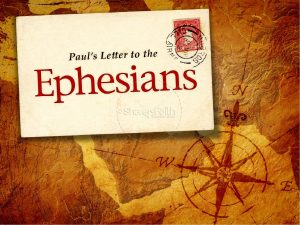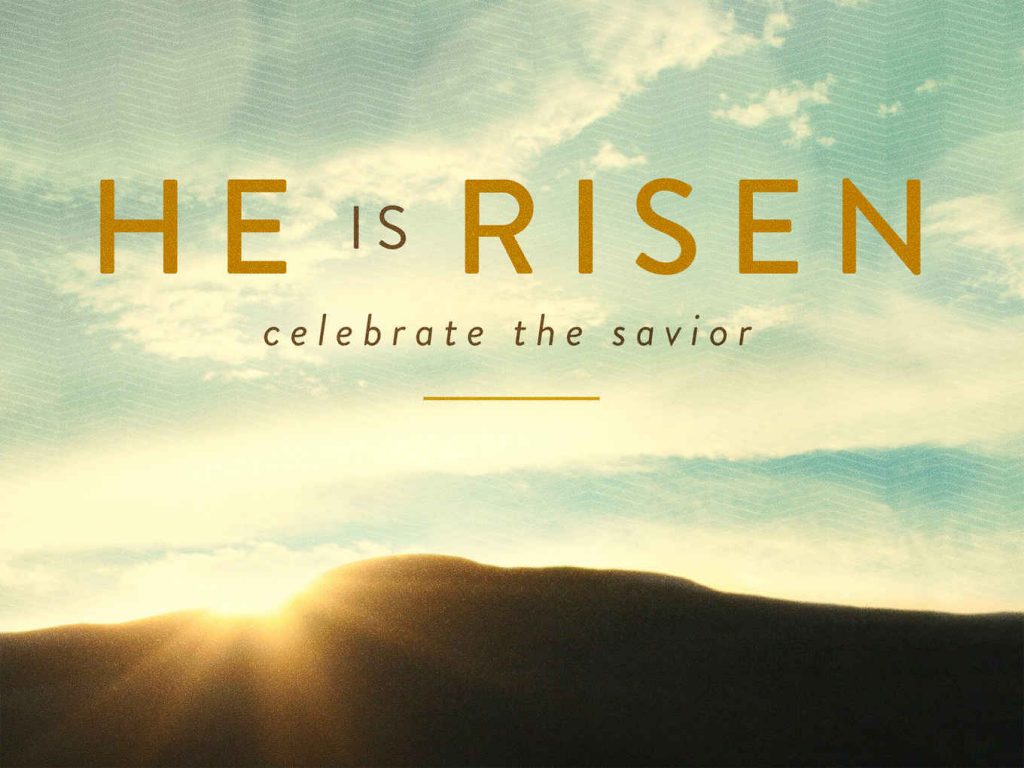
By Grace Alone – Ephesians 2:8-10
What are you wearing? Rather, what are you wearing spiritually?
More about that later.
In Ephesians 2:8 Paul writing to the church in Ephesus says, “For it is by grace you have been saved, through faith—and this is not from yourselves, it is the gift of God—”
You may have heard this said:
Justice is getting what you deserve.
Mercy is not getting what you deserve.
And Grace is getting what you don’t deserve.
Paul says that this saving grace comes to us through faith, and faith is the instrument that allows us to grab hold of the truth of the Gospel and be saved. But faith itself is a gift from God, we cannot muster up faith. Faith comes from God, for us to believe in God.
Everything is a gift; grace is a gift, faith is a gift and salvation is a gift.
We must never ever think of our salvation as a transaction, whereby I give my life to Jesus and he saves me. Rather God gives me grace, then He gives me faith to believe and He saves me.
Because grace, faith and salvation are divine gifts, we cannot earn them, nor do we deserve them. Every human being is equally lost before God grants them grace. We were dead in our sins, dead people cannot have faith in God.
Ephesians 2:9 continues, “not by works, so that no one can boast.”
Salvation can only be attributed to Jesus and what he did for us on the cross, and he deserves all the glory.
God sent Jesus to live the life we couldn’t live, to die the death we should have died, and rise from the dead on our behalf.
We really struggle with this in our culture, we as a culture loves accolades for doing something noteworthy. But in our salvation the glory goes to God (see 1 Corinthians 1:31).
Paul continues in verse 10, “For we are God’s handiwork, created in Christ Jesus to do good works, which God prepared in advance for us to do.”
After saying clearly that we are not saved by anything we do, Paul notes the importance of works. Works are not the root of our salvation, but they are the fruit of our salvation.
The Greek word for handiwork here is poiema, which is where we get the word Poem from. The word refers to a work of art or masterpiece, a piece of art created by a master craftsman.
This word is only used one other time in the New Testament, in Romans 1, referring to the glory of God’s creation.
We, as saved believers in Jesus, are God’s new creation (see 2 Corinthians 5:21)
But God does not create a masterpiece to hide it away, we were created to display the work and the glory of God.
As God’s workmanship people around us should see our works and say, “That is a work of God!” (see Matthew 5:16).
We should never be working out of duty or guilt. We do good works because we are walking in a new nature, and as a result we cannot help ourselves from being used by God to do good works.
But not only are we to do good works, we are told that God has prepared these works for us to do. God, in His sovereignty, had tasks in mind for us when He saved us.
We are not saved by faith plus good works, but by a faith that works
The believer has God working in him, and therefore his works are good. His works are not good because he himself is good, but because he has a new nature and the Holy Spirit works in him and through him to produce these good works.
We do not perform good works to glorify ourselves, but to glorify God. Paul wrote that we should “abound to every good work” (2 Corinthians 9:8), and to be “fruitful in every good work” (Colossians 1:10).
Back to the question, what are you wearing?
In John 11 we read the account where Jesus raised Lazarus back to life after he had been dead for four days. Jesus stood in front of the tomb and in a loud voice commanded Lazarus to come out. Notice what Lazarus was wearing, he was wearing grave clothes, the embalming material that was wrapped tightly around his body.
As Lazarus comes out of the tomb, Jesus instructs those standing around to… “Take off the grave clothes and let him go” (John 11:44).
So, what are you wearing?
Are you wearing “grave clothes” or “grace clothes”?
Are you enjoying the liberty you have in Christ, or are you still bound by the habits of the old life of sin?
Lazarus was freed from the restrictions of the grave clothes and freed to do what he had been raised to do.
We were dead in our sins when God raised us up with Jesus, sadly many of us are wrapped in the grave clothes. Some of us are so comfortable in the grave clothes that we don’t know how to do the good works that God has prepared for us to do.
They are the grave clothes of addiction, anger, jealousy, lust, pride, fear, self-sufficiency and many more. All of these hold us back and restrict us from being and doing what we are created for. All these are clothes that were your grave clothes, and Jesus commands them to be taken off, for you to be set free. Why are you holding on to your grave clothes?
As a Christian, you have been raised and seated with Christ in the heavenly places, you have been clothed in righteousness.
Practice your position in Christ!
You are clothed in righteousness in Christ Jesus.




